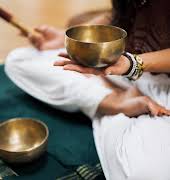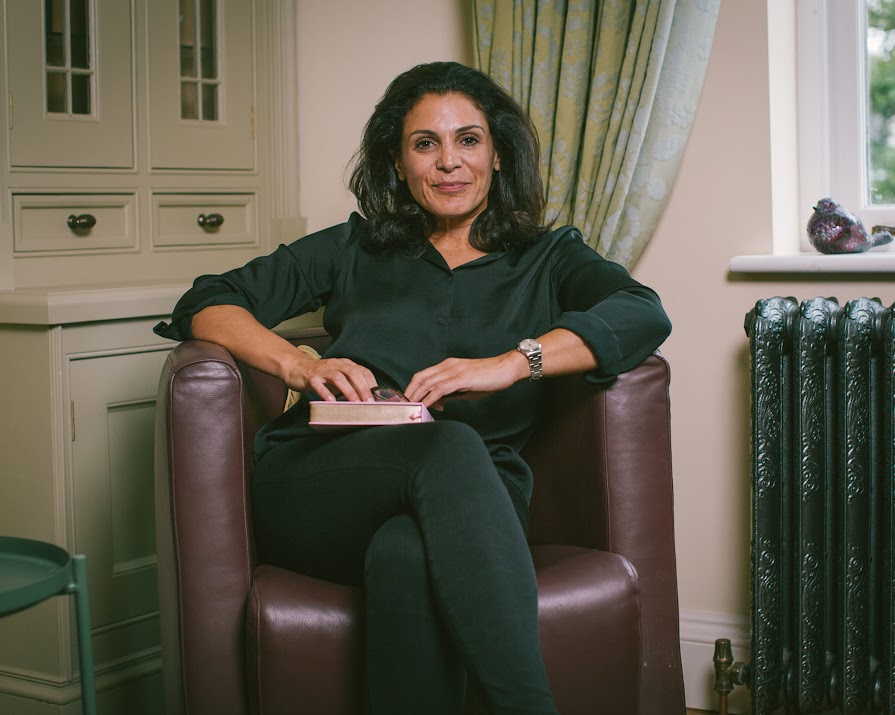By Meg Walker
10th Jan 2019
10th Jan 2019
Psychotherapist and author Siobhán Murray shares her top tips for prioritising what matters most and getting things done so you can get back to living well.
It sounds obvious, but time management is an essential part of reducing the possibility of burnout. How you spend your time, being smart about the hours you have, gives you the control you need to end each day with a sense of positive wellbeing. We all have the same 24 hours in each day; it’s how we choose to fill them that can cause us issues.
One definition of time management is, “the ability to use one’s time effectively or productively, especially at work”. Smart time management allows you to accomplish more in a shorter period of time, which in turn leads to more free time (to focus on your self-care) and reduces your stress. The benefits of time management are like a domino game; one hits off another and thus improves another aspect of your life.
Here are some ways to manage time and get your life back…
Stop multi-tasking
Multi-tasking doesn’t work. Nowadays, I tell people, “Sorry, I can only do one thing at once”; and while I still have friends who think multi-tasking is their only option, I am patiently waiting for the day they realise the damage it does to their brains and that single-tasking is the way forward. Multi-tasking, which was once seen as a badge of honour of how much work we could do, is not real, it is a myth. If your task is too big to complete in one sitting, break it up into smaller tasks you can accomplish individually without having or feeling the need to multi-task. If you’ve been a multi-tasker, I challenge you to change your badge and start being a single-tasker!
Doing things task by task is more efficient, and being more efficient means freeing up more time.
Use a diary or planner
I am forever on the lookout for the perfect planner. I have shied away from using technology; as a visual person, I need to be able to see my week, month and year clearly laid out in black and white in front of me. In 2018, I found (after numerous purchases) the ideal planner – the Passion Planner, an A4-size planner that breaks down each day into time slots. It has a section each week for gratitude, random note writing, and other little surprises to help you keep planning on track. At the top of each day is a box for “today’s focus”, which you use to make a note of your top priority that day. For me, the first thing that goes in is my self-care for that day – which might be training, a run or a quick walk. Next is my One Thing (see below), which goes into a time slot every day. For a while, my One Thing was writing my book. I scheduled into my day the time I would research and write, thus reducing the risk of stressing about getting to the end of the day without getting it done. Instead, putting it in as an appointment and seeing the time set aside means I’m more inclined to get it done. I schedule in my private clients, kids’ appointments, work and personal meetings, food shopping and an hour for emergencies. That hour acts as a buffer for anything that crops up in my day that takes time away from the other things. That hour is probably the most important part of my day.
Delegate
If you have too much on your plate that’s causing you stress and not allowing you to get through your day, the magical art of delegating is one you should learn! Maybe delegating at work isn’t something you feel comfortable about doing, or even able to do, so what about delegating at home instead? Sharing out tasks and giving others responsibilities may take a bit of time to organise, but the long-term payoff is more time for you. Feeling taken advantage of and unappreciated at home is as much a contributor to burnout as long-term stress at work. Delegate wherever you can, whether at work or at home.
Let it go: stop taking on too much
Figure out what tasks you aren’t great at. Be honest with yourself. Admitting you’re not good at something might not be easy, but agreeing to do things that take up time you don’t have means pushing the things you’re good at down the list and will probably end up taking up too much time. Another way to start “letting it go” is by looking at what tasks you truly enjoy completing and the ones you’re especially good at. See “letting go” as another form of decluttering – call it task decluttering.
The importance of routine
For some people, routine is a dirty word. It reminds them of boring days doing the same thing over and over. We seem to fear boredom and crave spontaneity and acting on impulse to inject excitement into our lives. But is that really the answer? We need to take the time to consider what’s important to us or how we can turn our daydreams into goals we can actively work on. The problem is nearly always the same for all of us – we want to make changes to our lives, yet our commitments often end at good intentions. One way to make positive changes and stick with them is by creating a daily routine. A study by Phillippa Lally at University College London found that it took, on average, 66 days for a new behaviour to become “automatic”, usually in the form of a habit. What was also comforting about the results of the study is the finding that “Missing one opportunity to perform the behaviour did not materially affect the habit formation process.” There is no need to beat yourself up if things don’t stay on track one day!
Decide that you want to make positive changes in your life. It’s also important to be realistic and easy on yourself, so it may not be the best choice for you to try and start mindful meditation, digital detoxing and applying the 80/20 rules all in one day.
It’s up to you to organise your own unique daily routine. That is the beauty of having a daily routine! You are in control and you are deciding what direction you want your life to go in. If you lead a stressful life and find time in the morning for gratitude practice and meditation, you are instantly enabling yourself to take on whatever the day ahead has to throw at you.
So how exactly do you start a daily routine? Identify what really matters to you, consider timeframes, be accountable to your routine and, most important, be adaptable. The last point is really important – even routines that nurture good habits need to be assessed. Just as children need and respond to routine, so do adults. With a good daily routine, good habits form, and we begin to make the changes we want to see in our lives. Therefore, rather than seeing routine as restrictive, see it as the vehicle that will take you on the journey to change. The benefits of having a structured daily routine far outweigh the negatives.
Your One Thing
Gary Keller and Jay Papasan wrote The ONE Thing, a book that teaches you how to focus on identifying “your one thing” that’s important to you in the different areas of your life and how to work towards fulfilling your dream. If you’re thinking, “But I’ve so many things I have to focus on and so many goals I have to achieve”, you’re right, you probably do. However, if you are, for example, getting up each morning and seeing five different goals at work as “your one thing”, you are going to be putting yourself under a huge amount of stress trying to focus on each of them all the time in order to achieve them.
Identifying your One Thing in different areas of your life allows you to work towards creating a life you want to live in rather than exist in. Regardless of the size of your goal, break your goals down into smaller chunks. Your One Thing is non-negotiable.

Extracted from The Burnout Solution: 12 Weeks to a Calmer You by Siobhán Murray (Gill Books, €16.99), out now.
Portrait photograph by Gar Byrne























